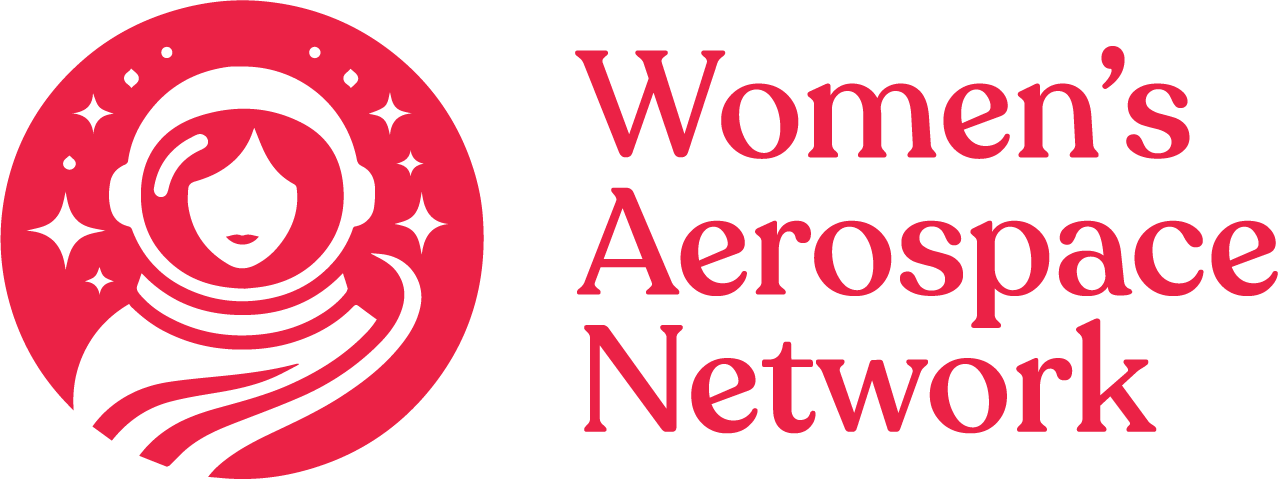
How to Be an Astronaut
Becoming an astronaut is a challenging yet rewarding journey that requires the right mix of education, experience, and physical readiness. If you’ve ever dreamed of exploring space and contributing to humanity’s understanding of the universe, this guide is for you.
What You’ll Learn:
Educational requirements for aspiring astronauts
Key insights into the astronaut selection process
Overview of astronaut training programs
Career paths in the astronaut field
Whether you’re just beginning to consider this thrilling career or are actively pursuing it, this article will provide valuable insights to help you achieve your astronaut dreams.
-
How to Become an Astronaut
Brought to you by WAN
Brought to you by WAN
Course FAQ
-
While NASA primarily selects U.S. citizens as astronauts, there are still opportunities for international candidates. You may consider becoming an astronaut through other space agencies like ESA (European Space Agency), CSA (Canadian Space Agency), JAXA (Japan Aerospace Exploration Agency), or ROSCOSMOS (Russian Space Agency), depending on your nationality. Collaborating with NASA as part of an international partnership is also a potential pathway for non-U.S. citizens to work in space exploration. Additionally, private space companies may offer astronaut positions to qualified international applicants.
-
It generally takes about ten years to become an astronaut, which includes six years of education, two years of professional experience, and two years of basic training. Even after completing these stages, astronauts might wait additional months or years before their first space mission.
-
Becoming an astronaut is extremely challenging, as less than 1% of applicants are chosen as NASA astronaut candidates. The training itself is intense, spanning two years and encompassing both academic studies and physical challenges.
-
There are no specific age restrictions for becoming an astronaut. Historically, astronaut candidates have been selected between the ages of 26 and 46, with the average age being 34.
-
As a 16-year-old aiming to become an astronaut, it's crucial to excel academically, particularly in science, technology, engineering, and mathematics (STEM) subjects. You should aim to attend a university that offers strong programs in these fields. Additionally, developing skills in multiple languages and participating in relevant extracurricular activities, such as robotics or astronomy clubs, will be beneficial.

